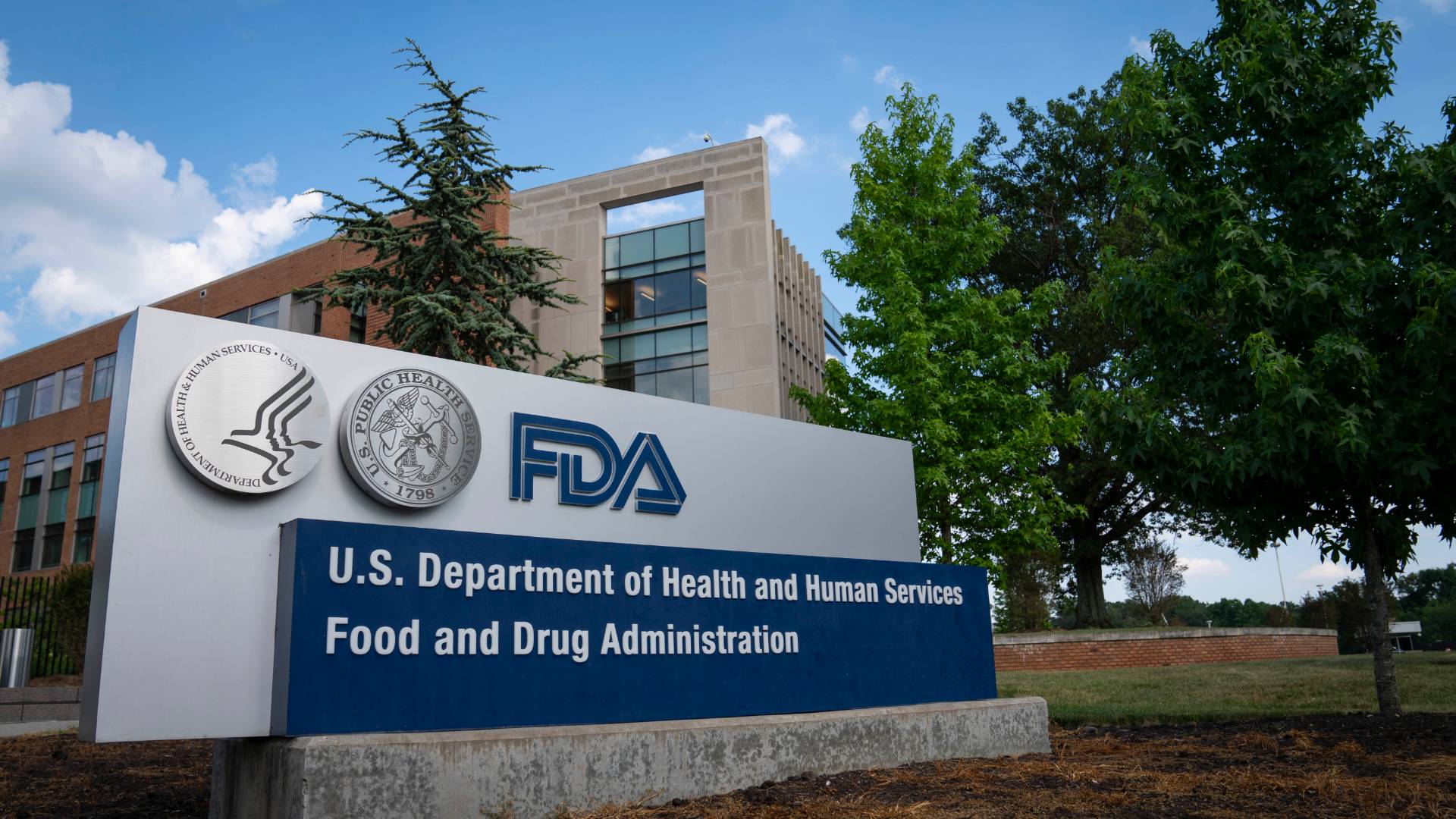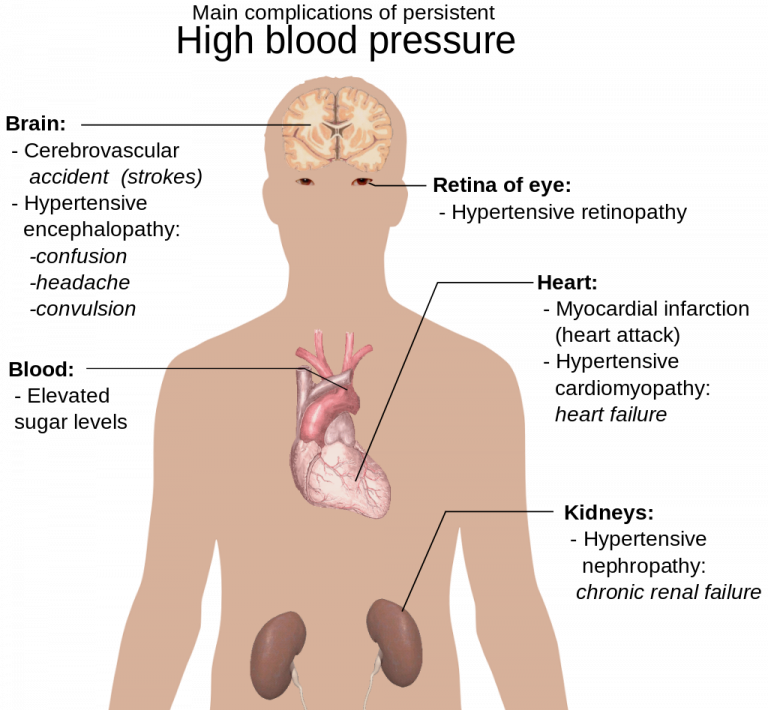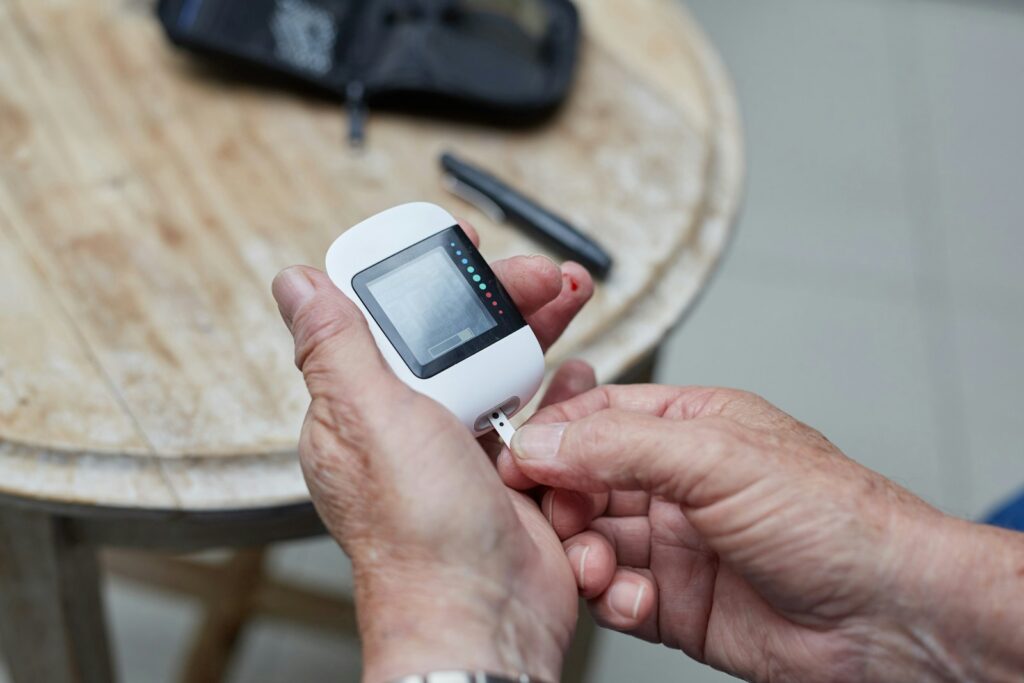Coffee has cemented its place as a global phenomenon, a beloved beverage that kickstarts mornings, fuels discussions, and accompanies countless daily routines. With over 2 billion cups consumed daily worldwide, and a remarkable 66% of Americans embracing it every day, it’s clear that coffee is more than just a drink—it’s a cultural cornerstone. From its ancient origins in eastern Africa to its pivotal role in the Industrial Revolution, transforming Western daily life from a mild sense of inebriation to sharpened mental acuity, coffee’s historical significance is undeniable, as Thomas Jefferson famously called it “the favorite beverage of the civilized world” back in 1824.
Given this widespread consumption and its enduring legacy, the health implications of coffee are a topic of immense interest to everyone, from clinicians and dietitians to the average consumer. People frequently inquire about coffee’s positive and negative effects, its underlying mechanisms, and specific situations where it might be best to limit intake. Understanding how coffee interacts with our bodies, affecting everything from sleep patterns to hydration, is crucial for making informed choices about our daily habits.
This in-depth article aims to provide a comprehensive and updated overview of coffee’s effects on health and well-being, drawing from decades of robust scientific research. We’ll explore the latest findings, addressing both the widely recognized benefits and areas where caution is advised. Our goal is to equip you with clear, evidence-based information, making the complex world of coffee research accessible and actionable for your personal health journey. Let’s delve into what a massive new study reveals about the profound impact of black coffee every day.

1. **The FDA’s Official ‘Healthy’ Claim for Coffee**
In a significant development that underscores coffee’s increasingly recognized health profile, the U.S. Food and Drug Administration (FDA) recently issued a final rule allowing certain coffee products to qualify for a ‘healthy’ claim. This ruling states that “coffee with less than 5 calories per Reference Amount Customarily Consumed (RACC)” can automatically be labeled as ‘healthy.’ This decision is not arbitrary; it stems directly from coffee’s minimal caloric contribution and its remarkably favorable profile across a multitude of health outcomes, extensively documented over many decades of scientific inquiry.
This FDA endorsement is a powerful acknowledgment of coffee’s role in a healthy diet. It reflects a growing scientific consensus that moderate coffee intake, particularly when consumed without excessive caloric additives, offers a spectrum of benefits rather than harms. For consumers navigating a landscape often filled with conflicting health advice, an official ‘healthy’ claim from a reputable regulatory body like the FDA provides welcome clarity and reinforces the positive messages emanating from research.
It is important to note the specific caveat: “with less than 5 calories per Reference Amount Customarily Consumed.” This emphasizes the importance of how coffee is prepared. Black coffee, by its nature, fits this description perfectly, highlighting why this article focuses on its unadulterated form. This ruling essentially certifies that, in its simplest, lowest-calorie form, coffee is a beverage that contributes positively to overall health, setting a clear standard for health-conscious consumers.
Read more about: Beyond the Buzzwords: Unmasking the Truth Behind 17 Fast Food Claims That Might Be Playing Tricks on Your Diet

2. **Coffee’s Profound Impact on Overall Mortality**
Perhaps one of the most compelling findings from decades of coffee research is its consistent association with reduced overall mortality rates. Numerous large-scale, prospective cohort studies, conducted across various continents and involving millions of participants, have overwhelmingly shown that regular coffee consumption is linked to a longer lifespan. This consistent observation across diverse populations and confounding structures strongly suggests that these risk reductions are genuinely attributable to coffee, rather than other lifestyle factors.
A pivotal study by Freedman and colleagues, for instance, which included over 400,000 individuals from the NIH-AARP Diet and Health Study, demonstrated a notable 10% to 15% reduction in overall mortality among those who consumed two or more cups of coffee per day. This finding is echoed in studies from Finland, the United States, Japan, Sweden, Europe, and Asia, with many pointing to 3-5 cups per day as the intake level associated with the lowest risk. The consistency of these results across different nations, even after meticulous adjustment for various confounders, lends immense credibility to the conclusion.
Furthermore, researchers have gone to great lengths to address concerns such as reverse causality—where individuals who are already ill might reduce their coffee intake. Sensitivity analyses, like those performed by Freedman and colleagues which excluded early follow-up data or focused on individuals reporting excellent health at baseline, consistently uphold the associations. A comprehensive 2019 meta-analysis, synthesizing data from 40 studies and 3.8 million individuals, further solidified these findings, showing a non-linear inverse association between coffee intake and all-cause mortality, with the lowest risk observed at approximately 3.5 cups per day. This reduction remained stable across various demographics, including age, weight, alcohol consumption, smoking status, and caffeine content, painting a clear picture of coffee’s broad protective effect.

3. **Reducing Cardiovascular Disease Risk**
Beyond its impact on overall lifespan, daily black coffee consumption demonstrates a significant protective effect against cardiovascular diseases, which remain leading causes of death worldwide. The evidence from extensive research consistently points to a lower risk of conditions like coronary heart disease and stroke among regular coffee drinkers. This is a particularly crucial benefit, considering the global burden of heart-related ailments.
A robust meta-analysis of 36 prospective human studies, encompassing nearly 1.3 million participants, revealed that the risk of cardiovascular disease was lowest for individuals consuming 3–5 cups of coffee per day. This intake level, corresponding to approximately 300 to 500 mg of caffeine daily, was associated with an almost 15% reduction in cardiovascular disease risk. The findings were not limited to a general reduction but specifically showed lower risks for both coronary heart disease and stroke, providing targeted evidence of coffee’s cardiovascular benefits.
The mechanisms behind this protective effect are thought to be multifaceted. Coffee contains numerous bioactive compounds, including antioxidants, which may contribute to improved endothelial function, reduced inflammation, and better blood lipid profiles. While the immediate effect of caffeine can be a short-term increase in blood pressure, long-term epidemiological studies do not support an increased risk of chronic hypertension. In fact, some meta-analyses suggest a reduction in hypertension risk among habitual coffee drinkers, reinforcing the idea that coffee’s overall impact on the cardiovascular system is largely positive and beneficial when consumed in moderation.
Read more about: Unlock Your Brain’s Full Potential: 14 Essential Steps for Lifelong Cognitive Health

4. **Coffee’s Role in Cancer Prevention and Risk Reduction**
Historically, concerns about coffee’s potential link to cancer have circulated, partly due to some early, methodologically flawed studies. However, the current overwhelming body of evidence from very large epidemiological studies has decisively debunked these myths. In 2016, the World Health Organization’s International Agency for Research on Cancer (IARC) concluded that drinking coffee was “not classifiable as to its carcinogenicity to humans (Group 3),” a significant reversal from past classifications and a strong indicator of its safety.
More recent and comprehensive research has not only confirmed that coffee is not carcinogenic but has also identified its potential to actively reduce the risk of certain cancers. For instance, the IARC Working Group found that coffee was unlikely to cause cancers of the prostate, pancreas, and breast. Strikingly, studies suggest that coffee consumption may even be associated with a reduced risk of liver and uterine cancers, turning a past concern into a potential benefit.
Further evidence since 2016 has bolstered these findings. A pooled analysis from 19 epidemiologic studies showed that coffee drinkers had a 13% lower risk of being diagnosed with endometrial cancer, with a dose-dependent relationship where higher consumption meant lower risk. Similarly, a meta-analysis of 18 studies linked coffee drinking to a substantially lower risk of hepatocellular carcinoma (liver cancer). The World Cancer Research Fund (WCRF) now even recommends including coffee in dietary patterns to prevent colorectal cancers, highlighting its recognized protective qualities. These findings collectively paint a picture of coffee as a beneficial, rather than harmful, component in cancer prevention strategies.
Read more about: 8 Surprising Health Boosts: Why Your Daily Coffee Habit Is a Game-Changer for Wellness

5. **Combatting Diabetes: A Key Benefit of Coffee**
One of the most compelling and consistently supported health benefits of daily coffee consumption lies in its powerful association with the prevention and management of type 2 diabetes. This chronic metabolic condition affects millions globally, and research has provided strong evidence that coffee can play a significant role in mitigating its risk and even improving outcomes for those already living with the disease.
A large meta-analysis published in 2018, encompassing nearly 1.2 million study participants and over 53,000 incident cases of type 2 diabetes, demonstrated a substantial 29% reduction in the risk of type 2 diabetes among coffee drinkers. The findings further indicated a dose-dependent relationship, with the risk decreasing by almost 6% for each additional cup of coffee consumed. Importantly, these beneficial effects were observed for both caffeinated and decaffeinated coffee, suggesting that compounds beyond caffeine contribute to this protective mechanism.
Subsequent meta-analyses in 2019 and 2021 have consistently confirmed these impressive findings, solidifying coffee’s reputation as a valuable dietary component in diabetes prevention. Moreover, the benefits extend to individuals already diagnosed with diabetes. A meta-analysis of 10 cohort studies showed that diabetics who regularly drink coffee experience lower risks of overall mortality, cardiovascular mortality, and total cardiovascular events. This indicates that coffee not only helps prevent the onset of type 2 diabetes but also contributes to better health outcomes and longevity for those already affected, making it a truly remarkable beverage in the context of metabolic health.
Having explored the foundational health benefits, we now turn our attention to the deeper science at play and practical considerations for coffee enthusiasts. This section will peel back the layers, examining the intricate ways coffee interacts with our bodies, how different preparations can alter its effects, and addressing specific scenarios where caution might be warranted. We’ll also celebrate coffee’s broader contributions to our daily well-being and look ahead to the exciting avenues of future research that continue to refine our understanding of this beloved beverage.

6. **Unveiling Coffee’s Health-Promoting Mechanisms**
The remarkable health benefits observed with daily coffee consumption don’t happen by chance; they are underpinned by a fascinating array of physiological mechanisms. Scientists have been diligently working to uncover how the compounds in coffee exert their positive influence, identifying several key pathways that contribute to improved health and increased longevity. Understanding these mechanisms helps us appreciate the complexity and power of this everyday drink.
One significant area is coffee’s glucose-balancing effects. Short-term studies, particularly with caffeinated coffee, suggest an improvement in glucose tolerance. For instance, a 16-week trial in overweight men with elevated fasting plasma glucose showed that caffeinated coffee consumption decreased glucose concentrations and the area under the curve of glucose after two hours, a benefit not seen with decaffeinated coffee or no coffee. This effect, coupled with a reduction in waist circumference in the caffeinated group, points to coffee’s role in supporting long-term liver and beta cell function, which is crucial for lowering type 2 diabetes risk.
Beyond metabolic regulation, coffee is a surprising ally in boosting physical activity. A randomized, case-crossover trial revealed that caffeinated coffee intake led to an average increase of approximately 1000 steps per day. Such an increment in daily movement can substantially reduce mortality risk, leading to lower body mass index, reduced diabetes risk, and subsequently, a lower risk of death from cardiovascular diseases and other causes. This increased activity also helps in lowering the risk of frailty, which is particularly important for older adults to prevent falls and other catastrophic events.
Furthermore, coffee contributes to increased fat oxidation, especially when consumed before exercise. Meta-analyses have consistently shown that pre-exercise caffeine intake can enhance fat utilization and oxygen uptake during submaximal aerobic exercise, whether individuals are in a fasting or fed state. This mechanism can contribute to a reduction in body fat composition. Caffeine, a structural relative of the asthma medication theophylline, also plays a role in improved lung function by acting as a bronchodilator and reducing respiratory muscle fatigue. Studies, including a Cochrane Review, have noted modest improvements in forced vital capacity (FVC) and forced expiratory volume in one second (FEV1) for several hours after coffee consumption, particularly in never-smokers and long-term quitters.
Finally, coffee consumption has been linked to reduced inflammation, a cornerstone of many chronic diseases. Studies involving thousands of adults have shown that coffee drinkers exhibit lower levels of several immune and inflammatory markers, including IFNγ, CX3CL1/fractalkine, CCL4/MIP-1β, sTNFRII, and FGF-2. Similarly, lower plasma levels of C-reactive protein (CRP) and E-selection, both indicators of inflammatory reaction, have been observed in coffee drinkers. This reduced subclinical inflammation is thought to partially mediate coffee’s association with a lower risk of diabetes, underscoring its broad anti-inflammatory potential.

7. **Navigating Coffee Types and the Impact of Additives**
As we delve deeper into the nuances of coffee consumption, it becomes clear that the type of coffee we choose and what we add to it can significantly influence its health effects. While black coffee, particularly its unadulterated form, consistently emerges as a health champion, understanding the role of decaffeinated options and common additives is crucial for maximizing benefits.
Numerous studies investigating overall mortality have found that both caffeinated and decaffeinated coffee are associated with a reduced risk of mortality. This suggests that while caffeine certainly contributes to some of coffee’s benefits, many other bioactive compounds present in coffee beans, such as antioxidants, polyphenols, and chlorogenic acids, are also powerful drivers of health. However, researchers acknowledge a potential for misclassification in some studies, as individuals switching to decaffeinated coffee might have previously been long-term consumers of caffeinated varieties. Nevertheless, the broad protective effects seen across both types reinforce coffee’s inherent value.
The addition of sugar to coffee, however, appears to be a different story. Evidence suggests that sweetening your brew can substantially attenuate, and sometimes even nullify, coffee’s positive health effects. For instance, unsweetened coffee has been linked to a reduced risk of neurodegenerative diseases, a benefit not observed with sweetened coffee. Similarly, black coffee was found to reduce the risk of depression, while sugar-sweetened coffee had the opposite effect. Increased consumption of unsweetened coffee has also been inversely associated with weight gain, a benefit that disappeared with the addition of sugar.
While the impact of sugar is significant, the effect of adding cream or coffee whitener appears less detrimental in some contexts. One study noted that adding cream or coffee whitener was not associated with greater weight gain, unlike sugar. However, other research indicates that mortality benefits were restricted to black coffee and coffee with low amounts of added sugar and saturated fat, with higher amounts of these additives nullifying the positive effects. The FDA’s ‘healthy’ claim for coffee specifically applies to products with fewer than 5 calories per Reference Amount Customarily Consumed (RACC), strongly implying that minimal or no caloric additives are key to retaining coffee’s recognized health advantages. Therefore, for those seeking the full spectrum of coffee’s benefits, opting for black coffee or limiting caloric additions is often the most health-conscious choice.
Read more about: Unveiling the Hidden Saboteurs: 12 Foods and Drinks Secretly Wrecking Your Sleep Quality

8. **Addressing Areas of Concern: Pregnancy and Mental Health Considerations**
While the overwhelming evidence points to coffee’s numerous health benefits, it’s equally important to address specific areas where caution or moderation is advised. Traditionally, concerns have revolved around cancer, hypertension, cardiac arrhythmias, pregnancy outcomes, and mental health. Fortunately, scientific consensus has largely resolved some of these long-standing worries, while others require a more personalized approach.
Regarding cancer, the current robust data from large epidemiological studies has decisively overturned earlier, flawed concerns. As discussed, coffee is not associated with an increased risk of cancer; in fact, it may actively reduce the risk of several cancers, including those of the liver, uterus, and skin. Similarly, while coffee causes a short-term increase in blood pressure, long-term epidemiological studies do not support an increased risk of chronic hypertension. Recent meta-analyses even suggest a reduction in hypertension risk among habitual coffee drinkers, with leading health organizations concluding that “moderate regular coffee consumption (three to four cups per day) does not adversely affect blood pressure and the cardiovascular system and can be moderately beneficial.” Concerns about cardiac arrhythmias have also been largely allayed, with studies showing that coffee drinkers may actually have a lower risk of hospitalization due to arrhythmias, making it unlikely that moderate caffeine intake increases this risk.
However, coffee consumption during pregnancy remains an area requiring careful consideration due to caffeine’s potential effects on fetal development. Leading health organizations like the American College of Obstetricians and Gynecologists (ACOG) and the European Food Safety Agency (EFSA) recommend limiting caffeine intake to no more than 200 mg per day for pregnant women. This guideline stems from physiological concerns such as increased catecholamine concentrations, which could lead to vasoconstriction and less fetal growth, and the reduced maternal ability to metabolize caffeine during pregnancy, leading to a nearly threefold increase in its half-life. While some observational studies have found an increased risk of low birth weight, these associations are often complicated by confounding variables like smoking and alcohol consumption, as well as the ‘pregnancy signal’ hypothesis and recall bias. Notably, randomized controlled trials have generally found no significant differences in birth outcomes for caffeine doses under 200 mg/day, suggesting that moderate intake within recommended limits is likely safe.
Mental health is another area where coffee’s effects are nuanced. Meta-analyses generally suggest that coffee consumption is associated with a reduced risk of depressive symptoms, potentially through its antioxidant content, anti-inflammatory properties, or effects on gut microbiota. Individuals who regularly consume polyphenol-rich beverages like coffee often report lower levels of depressive symptoms and perceived stress. Conversely, excessive doses of caffeine can be anxiogenic and even trigger panic attacks, particularly in those with panic disorder. Symptoms like tachycardia, palpitations, restlessness, and tremor, often caused by high caffeine intake, are indistinguishable from anxiety attacks. Therefore, individual sensitivity to caffeine varies greatly, necessitating a personalized approach to coffee intake to avoid adverse mental health effects.

9. **Beyond Disease Prevention: Coffee’s Impact on Daily Well-Being**
While coffee’s profound effects on preventing chronic diseases and extending longevity are impressive, its role in enhancing our daily well-being is equally significant. Many of us reach for a cup not just for health, but for its immediate and tangible benefits that improve our quality of life, from sharpening our focus to aiding digestion.
Contrary to common misconceptions, coffee is a useful source of hydration, comparable to water, despite its caffeine content. The diuretic effect of caffeine is typically limited to large doses, individuals with lower caffeine tolerances, and situations not involving physical activity. Studies have shown no significant difference in total body water or urine output between consuming moderate amounts of coffee and similar volumes of water, indicating its viability as a hydrating beverage. Furthermore, for athletes and fitness enthusiasts, coffee’s ergogenic effects are well-documented. Caffeine intake has been shown to provide a small to moderate enhancement in exercise performance, a benefit recognized by organizations like the International Society of Sports Nutrition.
One of coffee’s most universally appreciated effects is its ability to boost mental acuity. At low to moderate doses, caffeine acts by blocking adenosine receptors in the brain, which leads to enhanced alertness, vigilance, and attention. It also shortens reaction times and can even improve individual senses, such as dynamic visual acuity. This cognitive lift helps us navigate our daily tasks with greater focus and efficiency.
However, the stimulating effects of coffee, particularly caffeine, necessitate careful management when it comes to sleep. It is well known that coffee increases alertness and can delay sleepiness. Research indicates that coffee intake may lead to approximately 36 minutes less sleep per day, and a systematic review found a reduction in total sleep time by 45 minutes and sleep efficiency by 7%. To avoid these disruptions, it’s recommended to consume coffee at least 8.8 hours prior to bedtime, ensuring the caffeine has sufficient time to clear the system.
Interestingly, coffee also has an impact on bowel movement, particularly in a medical context. Studies, including randomized and non-randomized trials, have shown that coffee/caffeine intake can significantly reduce the time to first bowel movement and first solid food intake after elective laparoscopic colorectal surgery. This effect can improve patient recovery and potentially reduce hospital costs, highlighting a lesser-known but practical benefit of coffee in postoperative care.

10. **Charting the Future: Research Trends and Directions for Coffee Science**
Our understanding of coffee’s health impact has evolved dramatically over the years, from initial retrospective case-control studies to the sophisticated large-scale prospective cohort studies that now form the bedrock of current evidence. Institutions like the Nurses’ Health Study, NIH-AARP Study, UK Biobank, and EPIC have followed millions of individuals for decades, providing robust and consistent information across diverse populations in the United States, Europe, and Asia. This wealth of consistent data means that, in many ways, the field of observational cohort studies on coffee is relatively saturated.
Moving forward, while new large-scale cohort studies may not yield substantially novel information, there are critical avenues for refining our understanding. Future research, particularly if new cohorts are developed or existing data is re-collected, should emphasize more granular details about coffee consumption. This includes distinguishing between caffeinated and decaffeinated varieties, meticulously documenting the addition of cream and sugar, and examining different preparation methods like ground versus instant coffee. Crucially, questions should aim to capture consumption patterns over several decades, rather than just the immediate past, to minimize recall bias and better understand long-term effects.
In recent years, Mendelian Randomization (MR) studies have emerged as a powerful tool, leveraging genetic data to assess coffee’s health effects with reduced confounding and avoidance of reverse causation. Studies, often utilizing data from the UK Biobank, offer a cost-effective complement to traditional observational research. While MR studies have significant strengths, they also rely on three key assumptions—that genetic variants are robustly associated with exposure, influence outcomes only through exposure, and are not associated with confounders—which, if not fully met, can introduce biases. Despite these limitations, it is reassuring that the results of MR studies have generally aligned with those from large-scale observational studies, bolstering confidence in the overall findings.
Ultimately, the journey of understanding coffee’s multifaceted impact on health is ongoing. While we have a robust foundation of evidence, future research will likely focus on an intricate combination of targeted randomized controlled trials, sophisticated genetic analyses like Mendelian Randomization, and even more detailed observational data collection. This multi-pronged approach will allow us to continue uncovering the full spectrum of coffee’s benefits and identify personalized recommendations, ensuring that this cherished beverage continues to contribute positively to global health and well-being for generations to come.




